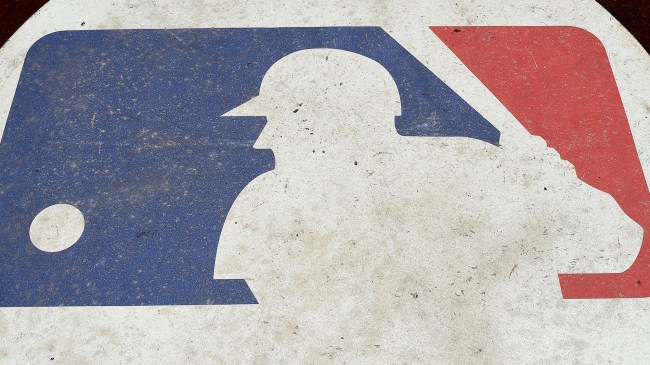
Getty Image
You don’t need to be a military history buff to be familiar with Douglas MacArthur, the wildly decorated five-star general best known for commanding the United States Army in the Philippines and surrounding areas during World World II en route to accepting the surrender of Japanese forces aboard the USS Missouri in 1945.
That paragraph doesn’t come close to summing up what MacArthur was able to achieve during his 84 years on the planet, as it’s obviously just the tip of the iceberg when you consider multiple people have written books containing the hundreds of pages needed to even attempt to do his life justice.
After all, we’re talking about a man who also graduated at the top of his class at West Point and was awarded a Silver Star on seven occasions for his service in combat in World War I before playing a pivotal role in bringing one of the Axis Powers to its knees during a conflict where he cemented himself as one of the greatest tacticians in American history.
A few men who occupied the same position as MacArthur pursued an even loftier career after leaving the military—including Dwight D. Eisenhower, who served alongside him as a general in WWII before being elected the 34th President of the United States.
MacArthur, on the other hand, was fairly content with living a somewhat quiet and private life after retiring from the Army following his 52 years of public service.
However, he did have plenty of options to choose from when he embarked on his next chapter—including one offer that almost resulted in him becoming the commissioner of Major League Baseball.
How the MLB tried—and failed—to convince Douglas MacArthur to become the Commissioner of Baseball
MacArthur’s relationship with baseball can be traced back to a young age, as he played shortstop at the West Texas Military Academy where he graduated as the valedictorian.
His love of America’s Pastime didn’t fade when he arrived at West Point, as he was also a member of the baseball team at the hallowed institution and was credited with the throw that prevented an inside-the-park home run from being scored in the Army-Navy game in 1902.
Baseball can also be linked to the military strategy MacArthur deployed while commanding troops in the Pacific Theater in WWII; the general once said Willie Keeler’s “Hit ’em where they ain’t” maxim was the same philosophy he deployed while attempting to take advantage of the weakness in the Japanese defenses.
Hans Lobert—an MLB veteran who eventually took a job as the manager of Army’s baseball team—said he had weekly meetings with MacArthur at West Point in the 1930s devoted exclusively to the sport and that the commander was apparently a fairly rabid fan at the games he attended in person.
MacArthur also turned to baseball as part of the diplomacy efforts he harnessed while tasked with overseeing reconstruction in Japan in the wake of the aforementioned surrender.
In 1949, he tapped MLB player-turned-minor league manager Lefty O’Doul to bring the San Francisco Seals overseas for a 10-game tour around the country that managed to attract 500,000 fans—including Emperor Hirohito, who met with O’Doul to express his gratitude.
The combination of MacArthur’s love for baseball and his proven ability to lead resulted in the MLB extending an offer to the retired general to accept the role of Commissioner of Baseball in 1961 after owners promised to approve the measure in a unanimous vote following a three-hour meeting where they attempted to court the military icon.
However, MacArthur—who had previously chaired the American Olympic Committee ahead of the 1928 Summer Games—ultimately turned down the position that Ford Frick would continue to occupy until he was replaced by William Eckert following his retirement in 1965.
It’s hard to blame him for saying no, but it certainly would’ve been quite a pivot.